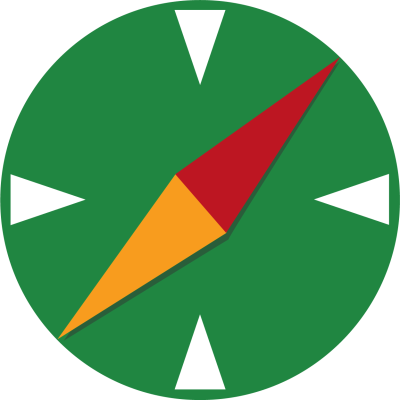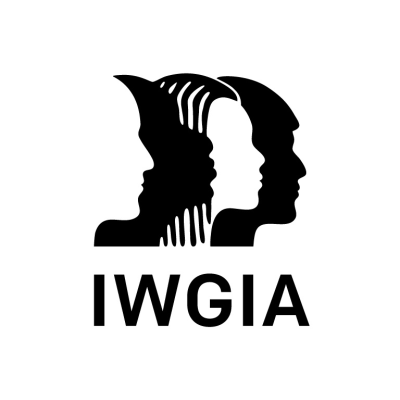The Indigenous Navigator: Empowering Indigenous Communities through Data-Driven Advocacy and Development

The Indigenous Navigator stands as a transformative initiative, empowering Indigenous Peoples to become active agents in monitoring and advocating for their rights and development.
Anchored in the United Nations Declaration on the Rights of Indigenous Peoples (UNDRIP), and aligned with international instruments, the Indigenous Navigator is a comprehensive framework and toolkit developed for, and by, Indigenous communities. It operates across 29 countries spanning Africa, Asia, the Arctic, and Latin America. Its purpose is to facilitate the collection, analysis, and utilization of data, directly reflecting the experiences and perspectives of Indigenous Peoples. This initiative paves the way for robust, evidence-based advocacy and policy engagement at multiple governance levels.
Three Pillars of the Indigenous Navigator:
-
Sensitization and Data Collection: Indigenous communities, utilizing tailored questionnaires and indicators, can evaluate the status of their rights and development concerning UNDRIP, the Sustainable Development Goals (SDGs), and other relevant global benchmarks. The Indigenous Navigator offers an online portal for storing and visualizing this data, facilitating comprehensive analysis and regional comparisons. This portal is enriched with community narratives, visual testimonies, and cultural expressions, making the quantitative data come alive with personal stories and community insights.
-
Advocacy and Policy Influence: The data and insights generated become powerful tools in the hands of Indigenous Peoples, enabling them to produce impactful reports and policy materials. These documents illuminate the challenges and strengths of Indigenous communities, offering a platform for solution-oriented dialogue. The Indigenous Navigator serves as a bridge between Indigenous Peoples and duty bearers, such as governments and development agencies, promoting awareness, shaping policy, monitoring developments, and ensuring accountability for commitments made.
-
Self-determined Development: At its heart, the Indigenous Navigator is about empowering Indigenous Peoples to chart their development paths, informed by their cosmovisions, cultural values, and traditional knowledge. The Small Grants Facility (SGF) underlines this by funding community-led projects that address unique needs, from biodiversity conservation to cultural preservation. This facility is a testament to the project's commitment to sustainable and culturally resonant development.
Consortium and Collaboration: The Indigenous Navigator is the fruit of a collective endeavor, involving IWGIA, the Asia Indigenous Peoples Pact (AIPP), the Forest Peoples Programme (FPP), Tebtebba Foundation, and the Danish Institute for Human Rights. Together, these organizations work towards operationalizing a tool that not only gathers data but also embodies a mechanism for continuous learning and sharing among Indigenous communities and stakeholders.
The Indigenous Navigator transcends mere data collection—it represents a dynamic process wherein Indigenous Peoples assert their rights and actively participate in the global development agenda, notably the 2030 Agenda for Sustainable Development. Additionally, the framework allows duty bearers to delve into the synergies between UNDRIP and a suite of related international instruments, ensuring a holistic approach to Indigenous rights.

Contact
